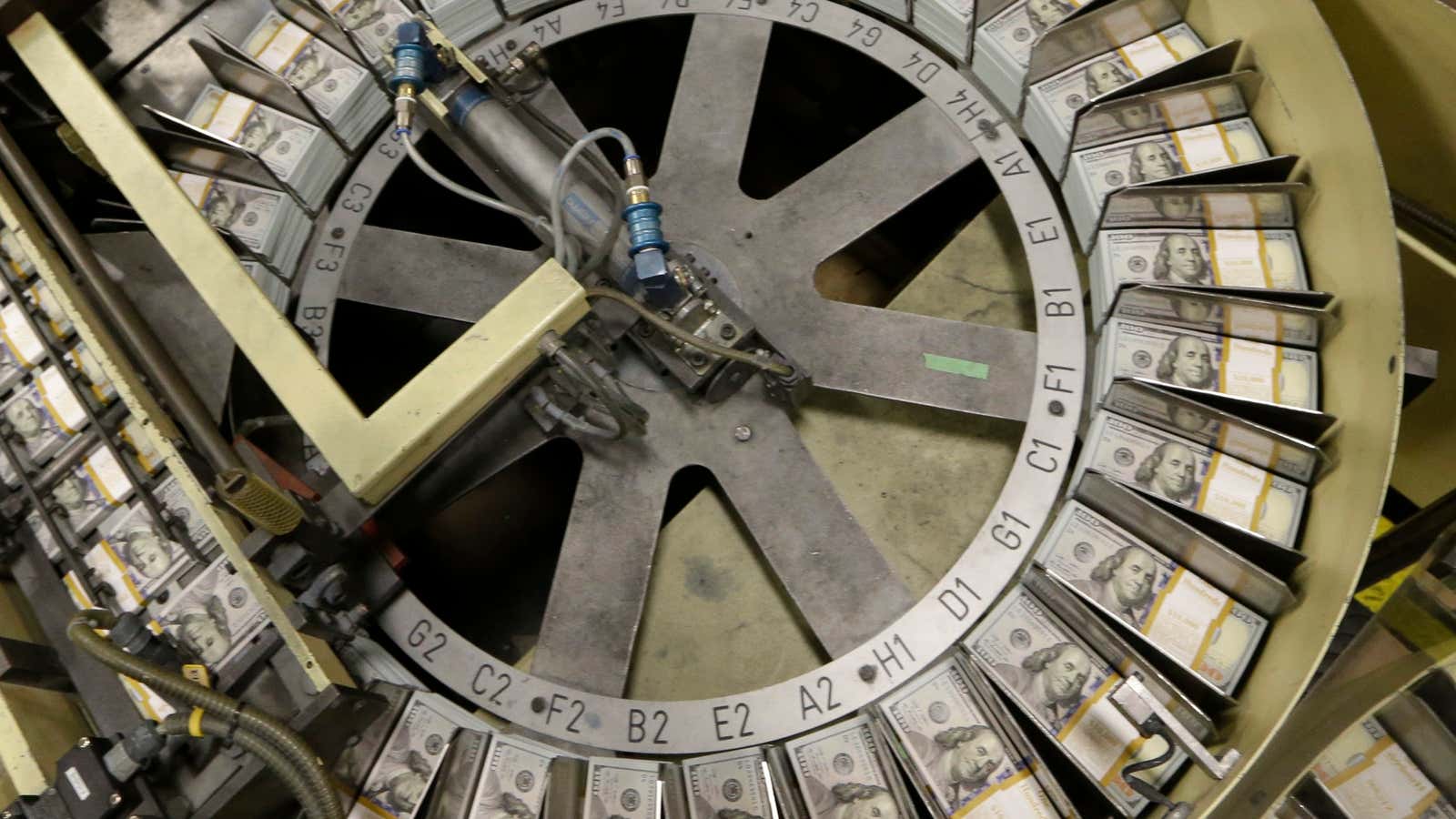Miscreants who thought bitcoin would be a magical way to flout international law by selling drugs and hiring contract killers have found out what bitcoin advocates have been asserting all along: The digital-only crypto currency backed only by the good faith of nerds everywhere is private, not anonymous. The recent bust of notorious online drug market Silk Road has proven that while bitcoin can be a means for conducting secure transactions secretly, nothing about the currency is untraceable, and it can’t protect you if law enforcement comes knocking.
In this way, the takedown of Silk Road is actually good for bitcoin, because cleaning up the public image of the world’s most popular crypto currency could help it go mainstream.
Indeed, Silicon Valley heavyweights are betting that bitcoin is the future—from the Winklevoss twins, who put a portion of their settlement from Facebook into the currency, to Valley uber-investor Marc Andreessen, who compares bitcoin’s growing pains to the early days of the internet, and says that it could act as an alternative to the US dollar. “It’s going to be adopted precisely because it’s not controlled by the government of—pick a country—that has bad policies,” Andreessen told tech news site Pando Daily.
Bitcoin might some day act as an intermediate means of exchange on foreign currency markets, but in the meantime there are plenty of real world things you can buy with it, from electronics to US dollars. And there is plenty of other evidence that bitcoin is becoming bigger and more mainstream by the day, from lawsuits $75 million lawsuits between its biggest players to the mind-boggling scale of computing power currently devoted to the “mining” of bitcoins.
